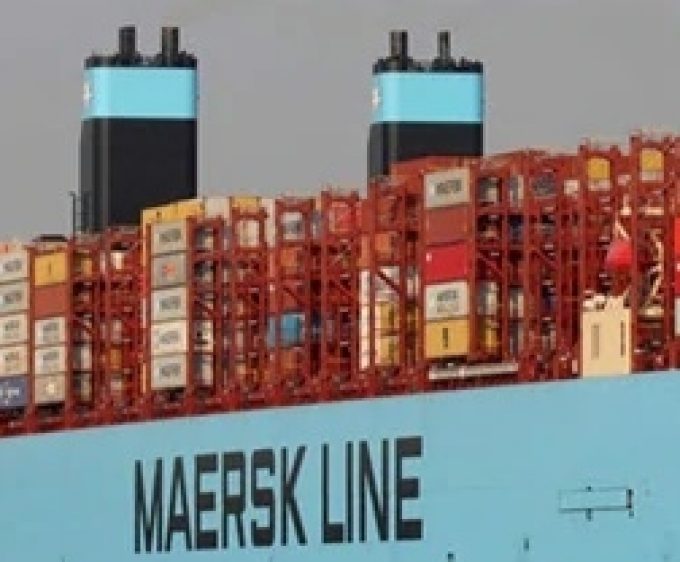MSC to launch new Oceania-US east coast Eagle service next year
Australian and New Zealand exporters to North America are set to get the second direct ...

While many liner operators and tonnage providers have been on a vessel-ordering spree, with orders equivalent to around 23% of the current fleet, Maersk Line has said it would be “disciplined” in its newbuild strategy.
Even after losing its crown as the world’s largest liner operator ...

Comment on this article